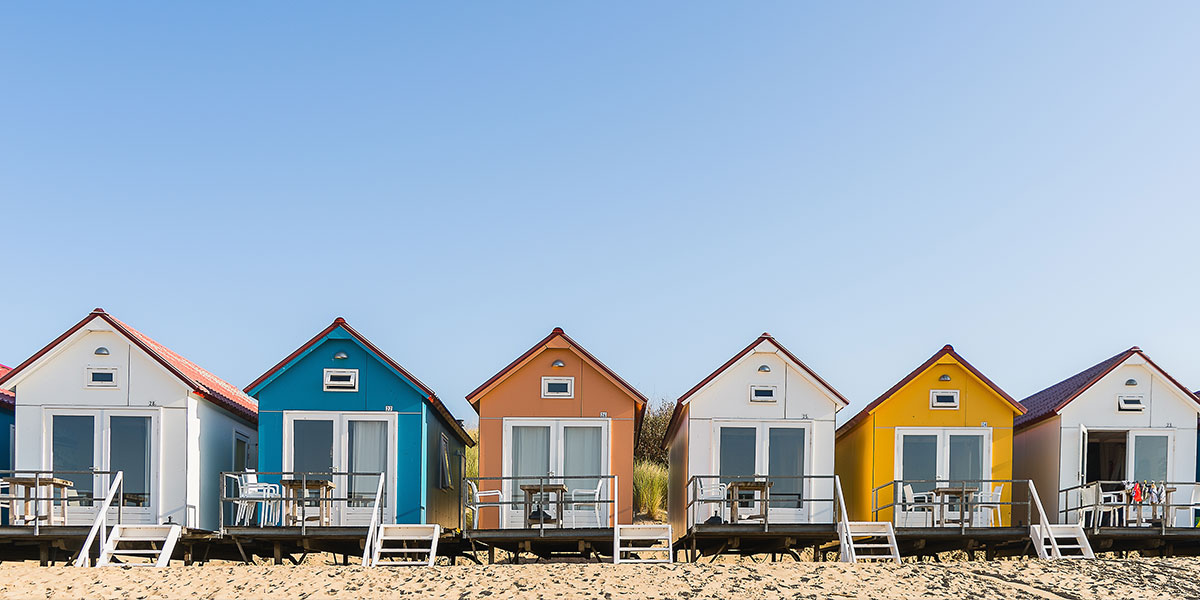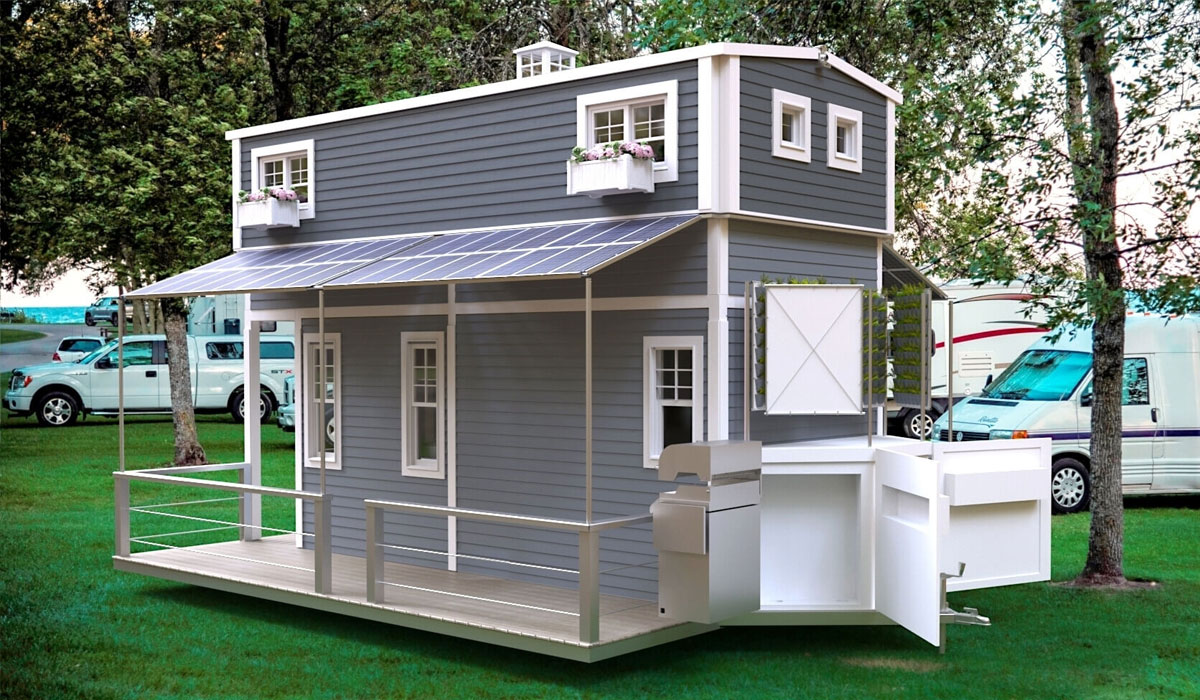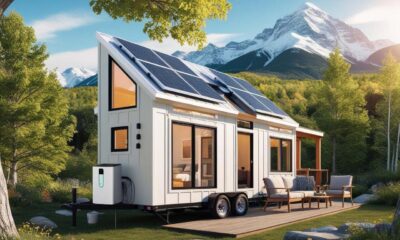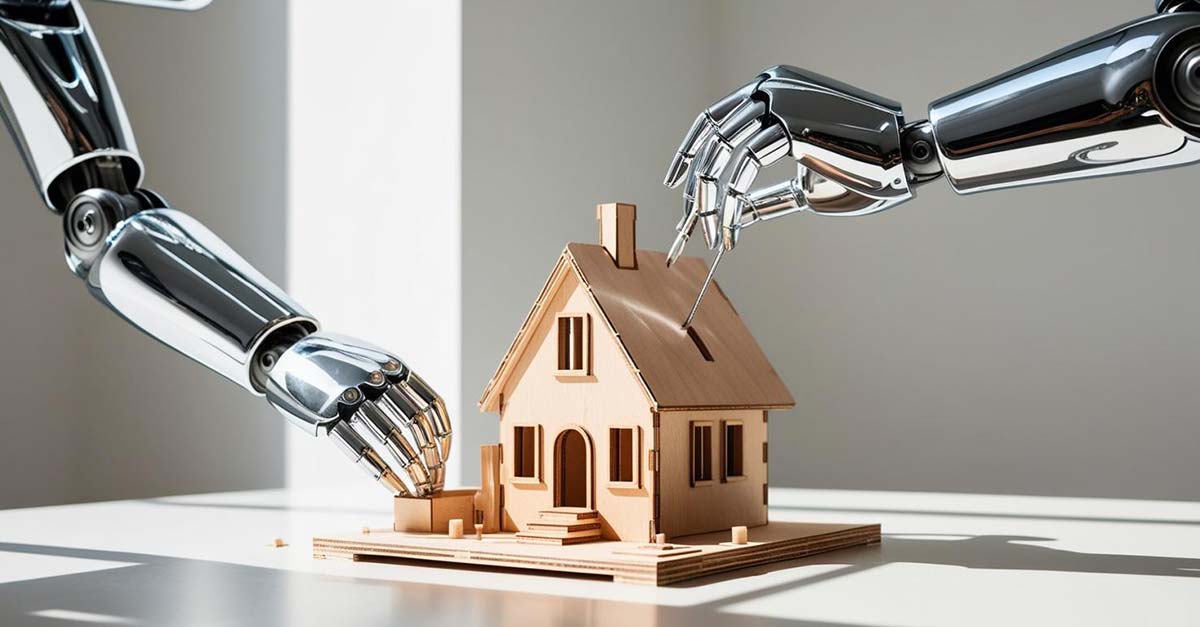Diy
Building a Tiny Home: Pros and Cons to Consider

In recent years, many people have turned to building tiny homes as a way to simplify their lives and reduce their environmental impact. While there are many benefits to living in a tiny home, there are also some drawbacks to consider. In this article, we’ll provide a balanced discussion of the pros and cons of building a tiny home, including factors such as space limitations, cost savings, and environmental impact.
Pros of Building a Tiny Home
- Affordability: One of the biggest advantages of building a tiny home is the cost savings. Little houses are significantly less expensive than traditional homes, making them an affordable option for many people. They also require less maintenance and upkeep, which can save you money in the long run.
- Environmental Impact: Cabin tiny homes have a smaller carbon footprint than traditional homes, as they require fewer resources to build and maintain. They also encourage a more sustainable lifestyle, as they typically use less energy and produce less waste.
- Simplicity: Building a tiny home forces you to simplify your life and focus on what’s truly important. It can be a liberating experience to live with fewer possessions and less clutter, which can lead to a more peaceful and fulfilling life.
- Mobility: Many tiny homes, including prefab tiny homes on wheels, are built on trailers, which means they can be easily moved from place to place. This can be an attractive option for those who want to travel or live in different locations throughout their lives.
Cons of Building a Tiny Home
- Space Limitations: The biggest disadvantage of building a tiny home is the limited space. You will have to make sacrifices when it comes to possessions and storage space, and you may have to get creative with your living arrangements.
- Zoning and Building Codes: Many areas have strict zoning and building codes that make it difficult to build or park a tiny home. It can be a challenge to find a suitable location for your tiny home, which can limit your options and increase your costs.
- Lack of Privacy: Living in a tiny home means living in close quarters with your partner or family members. This can be challenging for some people, as there is very little privacy in a tiny home.
- Resale Value: Little houses are a relatively new concept, which means there is limited data on their resale value. It’s possible that they may not appreciate in value like traditional homes, which can be a concern for some people.
In conclusion, building a tiny home has its pros and cons. While they can be an affordable and sustainable option, they also come with space limitations and zoning challenges. Ultimately, the decision to build a tiny home should be based on your personal preferences and lifestyle. If you’re willing to make sacrifices in exchange for a simpler, more sustainable life, a tiny home may be the perfect option for you.
Latest Post
May 25, 2022
What is Wilderwise & why its tiny home should be on your top 10 list?
The company was founded by Arya Mazanek back in 2017 with the mission of making a home…
May 20, 2022
15 Tiny Houses You Can Rent For A Weekend Getaway In The Amsterdam
If you’re looking to take a weekend getaway in the Netherlands, you’ll want to check out some…
May 13, 2022
Eco-Friendly Inventions and Architectural House
The cost of a house can be counted in dollars or rupees, but the construction and running…
Previous
Next
Loading…














